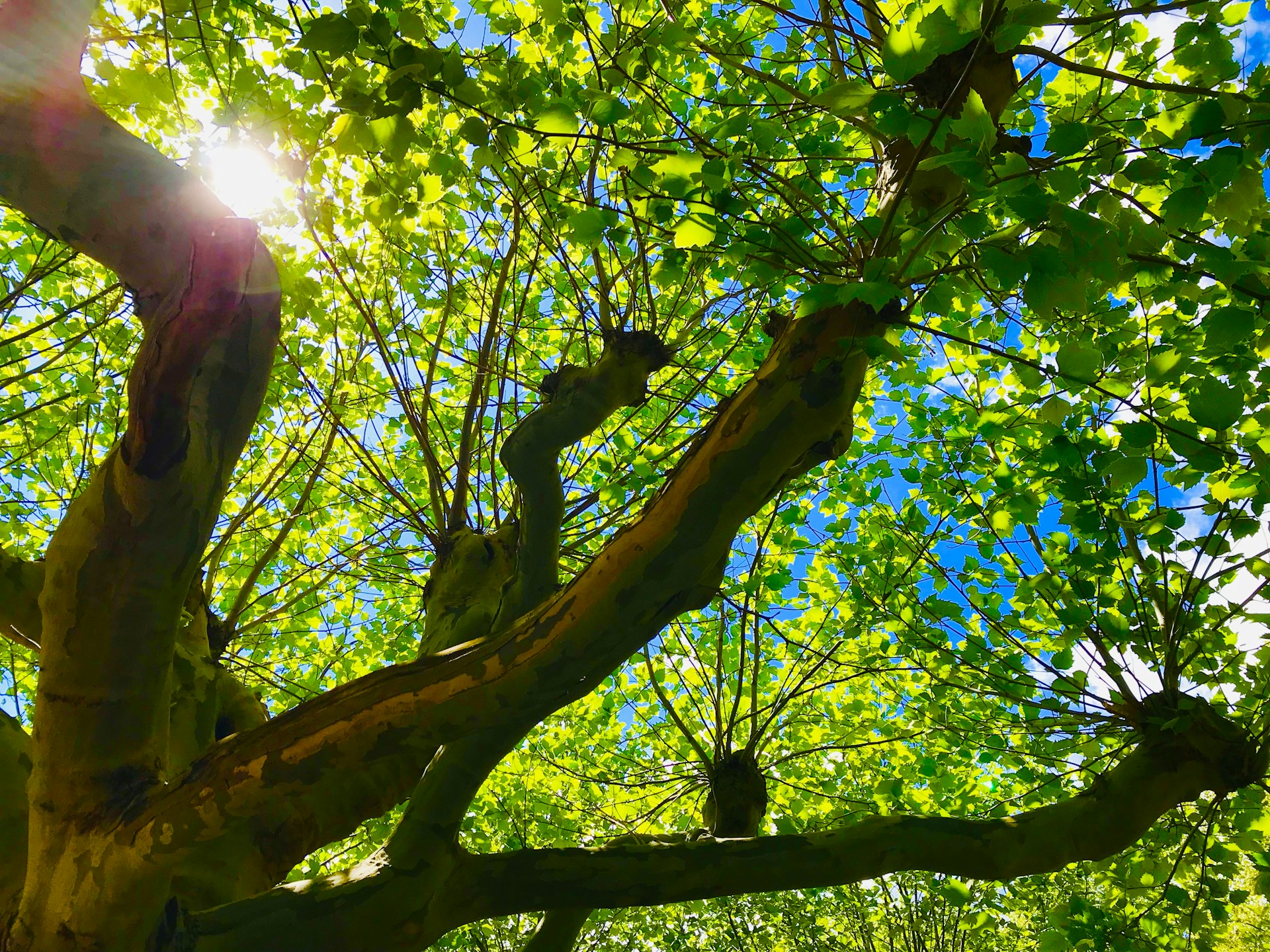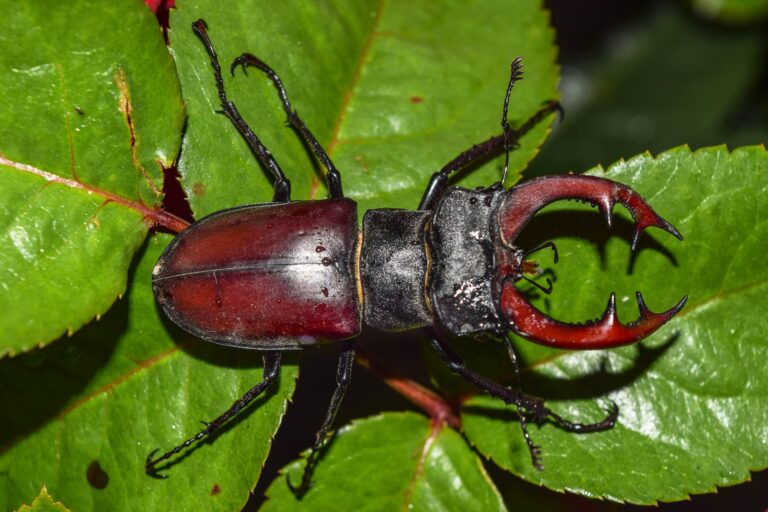Protecting Your Trees and Landscape from Common South Carolina Pests
Homeowners in Rock Hill, South Carolina, are no strangers to the wide range of pests that can pose a threat to the health and beauty of their landscape. A fundamental aspect of tree care involves vigilance in protecting your trees from insects and diseases that can compromise their vitality, longevity, and overall aesthetics. Early detection and intervention can make a world of difference in preventing devastating pest infestations and safeguarding the well-being of your precious outdoor haven.
In this detailed guide, we will provide essential information on identifying, preventing, and addressing common pests found in South Carolina landscapes. Gain valuable knowledge on tell-tale signs of infestations, effective prevention techniques, and targeted treatment methods, arming yourself with the tools necessary to keep your trees and landscape safe from unwanted invaders. By understanding the habits and vulnerabilities of these pesky pests, you can minimize their impact and preserve the health, beauty, and value of your Rock Hill property.
Partner with Niwaki Tree Services’s team of certified arborists for professional guidance and support in managing and preventing pests unique to the Rock Hill, South Carolina area. Let our dedicated experts help you ensure the lasting vitality of your landscape, protecting your cherished trees from harm and cultivating a lush, flourishing, and pest-free environment for your enjoyment.
Identifying Common South Carolina Tree Pests
To effectively combat and prevent tree pests, it is crucial to be familiar with common insects and diseases prevalent in Rock Hill, South Carolina. Keep a watchful eye for the following invaders:
– Scale insects: These small, immobile pests feed on plant sap and can cause leaf yellowing, branch dieback, or even tree death. Signs of scale infestations include clusters of tiny insects on branches, as well as the presence of a sticky excretion called honeydew.
– Aphids: Tiny, pear-shaped insects that feed on plant sap can lead to curled or distorted leaves and may transmit diseases between plants, compromising tree health and inviting secondary pests like ants and sooty mold fungi.
– Bagworms: These caterpillars, known for their distinctive protective bags made of silk and plant material, feed on the foliage of many trees and can cause severe defoliation if left unchecked.
– Emerald ash borer: This highly destructive wood-boring beetle is a major threat to ash trees, as their larvae feed under the tree’s bark, disrupting the flow of water and nutrients, eventually killing the tree.
Regular inspections of your trees, particularly during the growing season, can help ensure early detection and timely intervention.
Prevention is Key: Strategies to Keep Pests at Bay
Implementing proactive measures and maintaining good tree care practices can significantly reduce the risk of pest infestations in your Rock Hill, South Carolina landscape:
– Plant selection: Choose tree species that are well-suited for your specific area and soil conditions, as healthier trees are less vulnerable to pests and diseases.
– Encourage beneficial insects: Attract natural predators like lady beetles, lacewings, and predatory mites to your landscape by planting nectar-rich flowers, herbs, and other plants, creating a balanced ecosystem that keeps pests in check.
– Regular maintenance: Routine care, such as proper watering, timely pruning, and nutrient-rich soil amendment, helps maintain robust tree health, reducing their susceptibility to pests and diseases.
– Mulching: Applying a layer of organic mulch around the base of your trees can retain moisture, regulate soil temperatures, and suppress weed growth, all of which contribute to healthier, more resilient trees.
By fostering a healthy, balanced environment, you can create a strong natural defense against common tree pests in your Rock Hill landscape.
Targeted Treatment: Methods to Eliminate and Control Pests
Upon detecting a pest infestation, swift and decisive action is necessary to contain and control the spread of these unwelcome invaders. Consult a certified arborist to determine the most effective course of action and treatment options:
– Insecticidal soaps: Effective for soft-bodied pests like aphids, mites, and whiteflies, insecticidal soaps target the pest while remaining relatively gentle on plants and non-target organisms.
– Horticultural oils: Ideal for controlling pests like scale insects, mealybugs, and mites, these oils work by suffocating pests or disrupting their feeding habits while causing minimal harm to plants.
– Biological controls: Introducing natural enemies of target pests can be a strategic and environmentally friendly method of controlling infestations, as with parasitic wasps released to combat bagworms or emerald ash borers.
– Systemic insecticides: In some cases, a targeted application of systemic insecticides may be recommended to control persistent or severe infestations that threaten tree health and vitality.
Always consult with a certified arborist to determine the most appropriate treatment plan tailored to your specific trees, pests, and overall landscape goals.
Collaborating with Certified Arborists for Effective Pest Management
To ensure the ongoing health and longevity of your South Carolina landscape, enlist the support of expert certified arborists, like the team at Niwaki Tree Services, who possess the knowledge and experience to effectively manage and prevent tree pests. Together, assess the unique needs and vulnerabilities of your property to develop a customized and comprehensive pest management plan that may include regular inspections, proactive maintenance, and effective treatments in case of infestations.
Safeguard Your Trees and Landscape with Expert Pest Management Support
By partnering with professional arborists and arming yourself with vital knowledge on common South Carolina tree pests, their identification, prevention, and treatment strategies, you can ensure the long-lasting health and beauty of your Rock Hill landscape. Gain peace of mind and preserve the value of your property by investing in proactive tree care and pest management, fostering a beautiful and flourishing outdoor haven that is resilient, balanced, and pest-free. Reach out to the Niwaki Tree Services team for guidance and support tailored to your unique landscape challenges and aspirations, and let your trees thrive under expert care.


